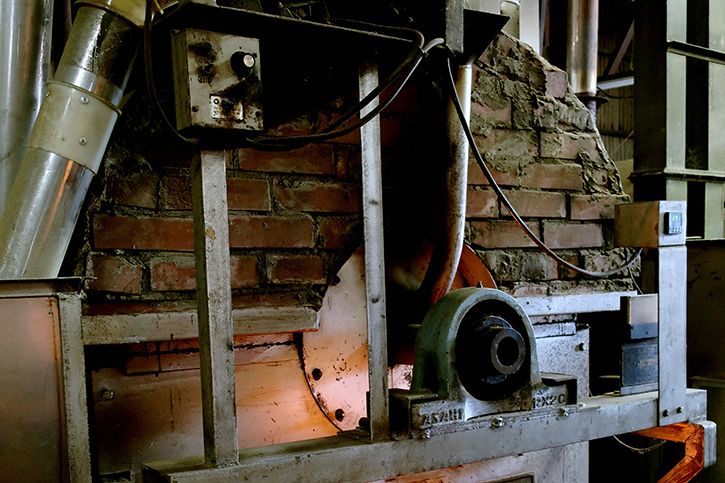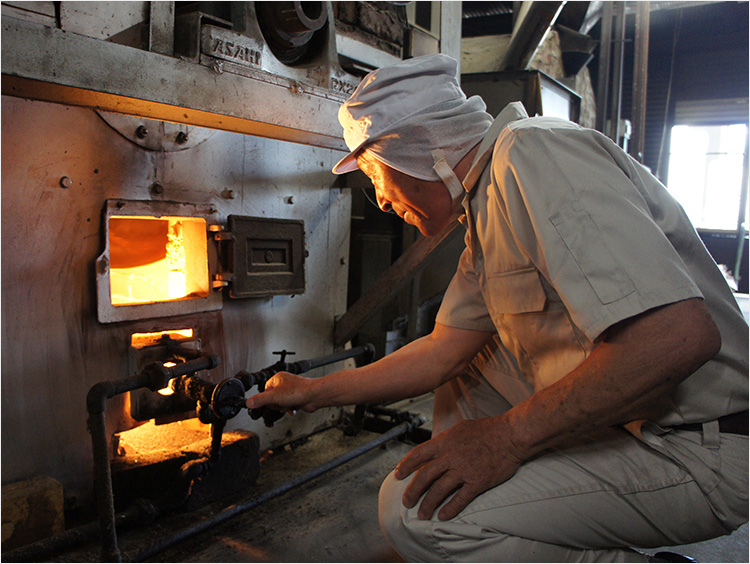What is Mugicha?
“When my mother starts making Mugicha, I could feel that summer is just around the corner”.
“Everyone in Japan grew up with drinking Mugicha during hot and humid summer because it is very refreshing.”
“Mugicha” (Japanese roasted barley tea) is a drink made from roasted six-row barley in its shell.
It is often drunk chilled in the summer in Japan.
Of course, hot Mugicha is also delicious and relaxing.
How about having a healthy and delicious barley tea instead of a sugary, sweet juice full of sugar in your fridge?
Taste
Mugicha has a toasty aroma and taste, with slight bitter undertones.
The aftertaste is pleasantly and slightly sweet.
Some people say that Mugicha is much more refreshing to drink than plain water.
Several people in Norway have tasted it and all of them liked it for its aroma, taste and smoothness.
Benefits
Barley tea is not a “tea” in the traditional sense.
It is brewed just from barley, which does not contain any caffeine.
Therefore barley tea is completely caffeine-free.
Each 100g of barley tea extract contains 0kcal of energy and only 0.1g of carbohydrates.
Why is our barley tea so special?
Our barley tea is made at Kawahara Flour Mills, which was established in 1940 in Nerima ward in Tokyo.
The barley tea is made from 100% pesticide-free barley that is contracted directly with farmer named Isamu Kubo.
The standard barley tea sold by major manufacturers is roasted in a hot air roasting method, which is efficient and can evenly roast the outer shell of barley.
On the other hand, the method used at the Kawahara Flour Mills are different.
They use a 30-year-old stone kiln with made with bricks piled up in the shape of a loaf, and heated sand is circulated in the kiln.

The barley is passed through the hot sand then is roasted using far-infrared radiation.
The far-infrared radiation from the stone kiln and the sand is used to deliver heat to the core of the barley.
This way of roasting requires fine adjustments depending on the temperature and humidity of the day, as well as the amount of moisture in the barley, and the roasting process takes a lot of time and skill, so it cannot be mass-produced.

It takes more than five year to become a professional barley roaster who can produce delicate aroma and taste.
